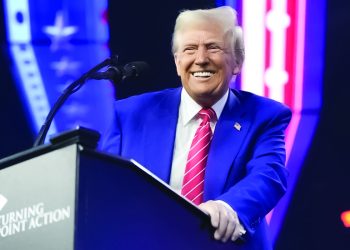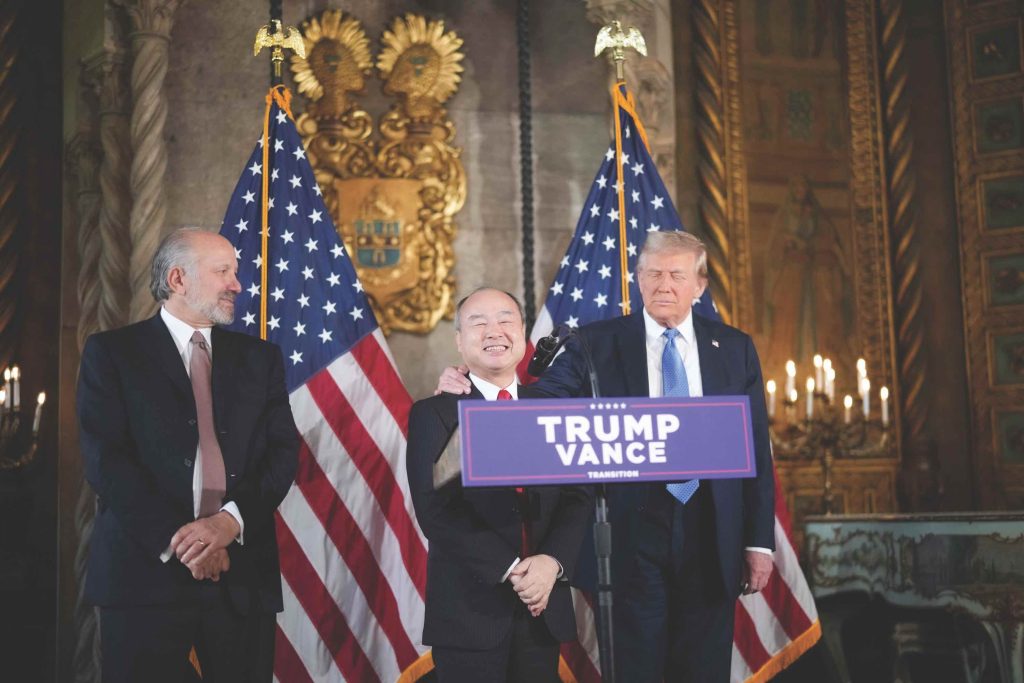
American President Donald Trump with Masayoshi Son, CEO of Japan’s SoftBank Group. Also present was Howard Lutnick, CEO, Cantor Fitzgerald (left).
In December 2024, Masayoshi Son, CEO of Japan’s SoftBank Group, announced a groundbreaking USD 100 billion investment in U.S. technology and infrastructure. The announcement, made alongside former President Donald Trump at Mar-a-Lago, captured international attention for its scale and potential economic impact.
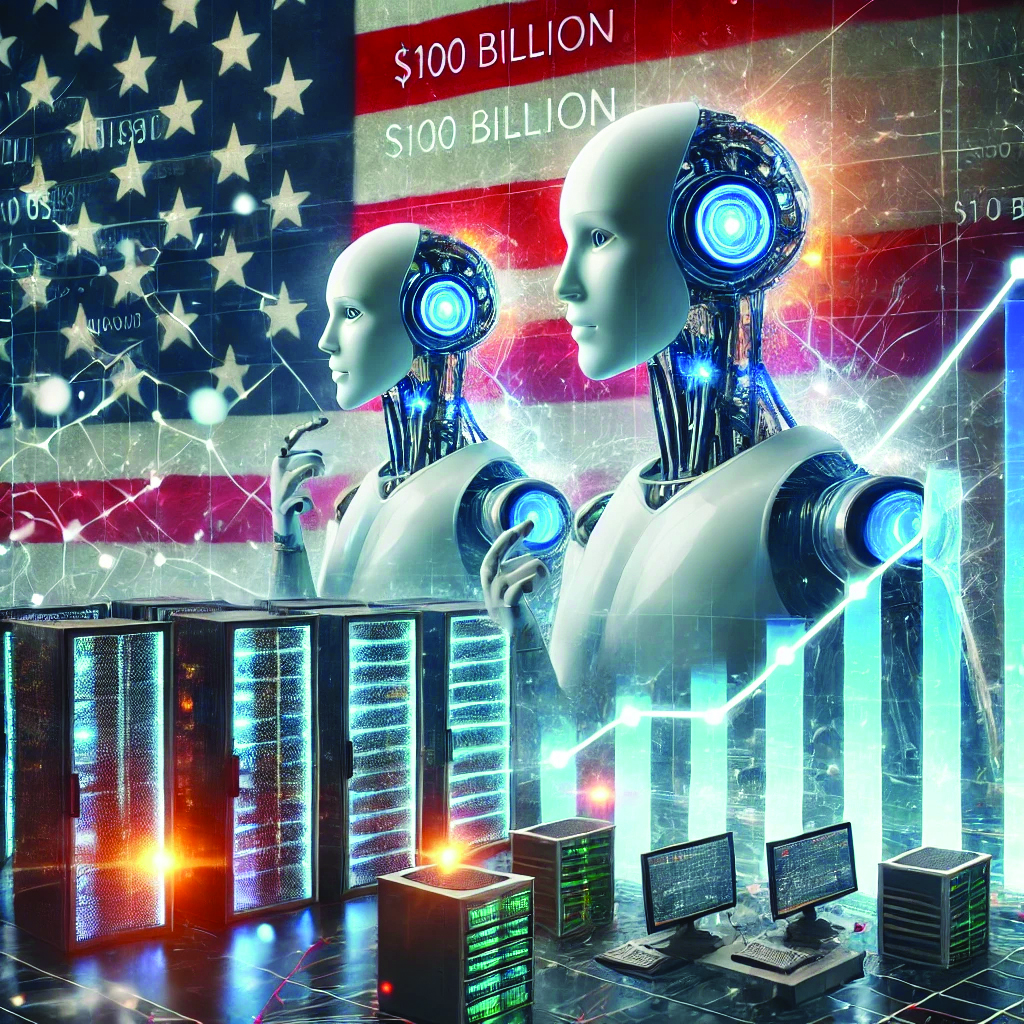
The investment is set to drive economic revival by fostering technological innovation and creating countless jobs.

Public Investment Fund is the sovereign wealth fund of Saudi Arabia.
The Investment Plan
The USD 100 billion investment, to be executed over the next four years, focuses on advancing cutting-edge technologies, primarily artificial intelligence (AI), robotics, and related digital infrastructure. Son declared that the initiative could create up to 100,000 jobs in the United States, supporting Trump’s vision of economic revival through technological innovation and job creation.
SoftBank’s History of U.S. Investments
This announcement wasn’t SoftBank’s first major commitment to the U.S. economy. In 2016, shortly after Trump’s election, SoftBank pledged USD 50 billion to support U.S. technology projects and startups, promising 50,000 jobs. While that earlier investment catalyzed growth in some sectors, questions lingered about whether the full impact met the lofty expectations, as SoftBank’s role in job creation was often indirect, working through portfolio companies.
Funding the USD 100 Billion Initiative
SoftBank’s investment will be sourced from its flagship Vision Fund and related entities. The Vision Fund, one of the world’s largest technology investment funds, has financial backing from major players, including Saudi Arabia’s Public Investment Fund and the UAE’s Mubadala Investment Company. Some analysts also speculate that proceeds from SoftBank’s lucrative IPO of Arm Holdings earlier in 2024 could be allocated toward the initiative. However, the exact details of how the USD 100 billion will be disbursed remain undisclosed, prompting scrutiny from analysts and economic observers.
Technology and Economic Impact
The USD 100 billion investment emphasizes:
AI and Robotics Development:
Funding startups and initiatives that will lead to advancements in automation, machine learning, and robotics.
Digital Infrastructure: Strengthening 5G networks, data centers, and cloud- based systems to support the growing demand for high-speed internet and online services.
Job Creation: While the 100,000 jobs forecasted include high-skill roles, there’s skepticism about how many will result directly from SoftBank’s investment.
A Political and Strategic Partnership
The timing of the announcement is significant. With Trump’s reemergence as a major political figure and rumors of a 2024 re-election bid, the announcement symbolized a deepening relationship between SoftBank and the U.S. administration. It also reflected a broader strategy by global tech players to maintain favorable relations with U.S. regulators and policymakers.
In fact, companies like Amazon, Meta, Perplexity, and OpenAI were revealed to have donated USD 1 million each to Trump’s inaugural fund, indicating the tech industry’s focus on securing strategic advantages under Trump’s leadership.
Challenges and Criticism
Despite its ambitious goals, SoftBank’s announcement has not escaped skepticism:
Lack of Transparency: Critics argue that SoftBank’s previous investments, though substantial, did not fully deliver on job creation promises. Some believe the numbers are inflated and fail to account for indirect impacts.
AI Job Displacement: As the investment heavily targets AI and robotics, some analysts worry that automation could displace more jobs than it creates.
Global Political Tensions: The deal comes amid increasing global competition in AI, especially from China. Some commentators question the motives behind SoftBank’s close ties to the U.S. government.
A Global Statement
This investment signifies SoftBank’s continued ambition to dominate the technology investment landscape while reinforcing the U.S.’s role as a leader in AI and digital infrastructure. By aligning with Trump’s vision, SoftBank positions itself as both an economic driver and a strategic partner in shaping the future of global technology.
Looking Ahead
The announcement marks a pivotal chapter in SoftBank’s history and its relationship with the United States. Whether the USD 100 billion initiative will achieve its promises remains uncertain, but the collaboration highlights the growing intersection of technology, politics, and global finance.
This move is poised to shape the future of AI, influence job markets, and redefine U.S. leadership in technology, creating ripples far beyond its initial announcement.
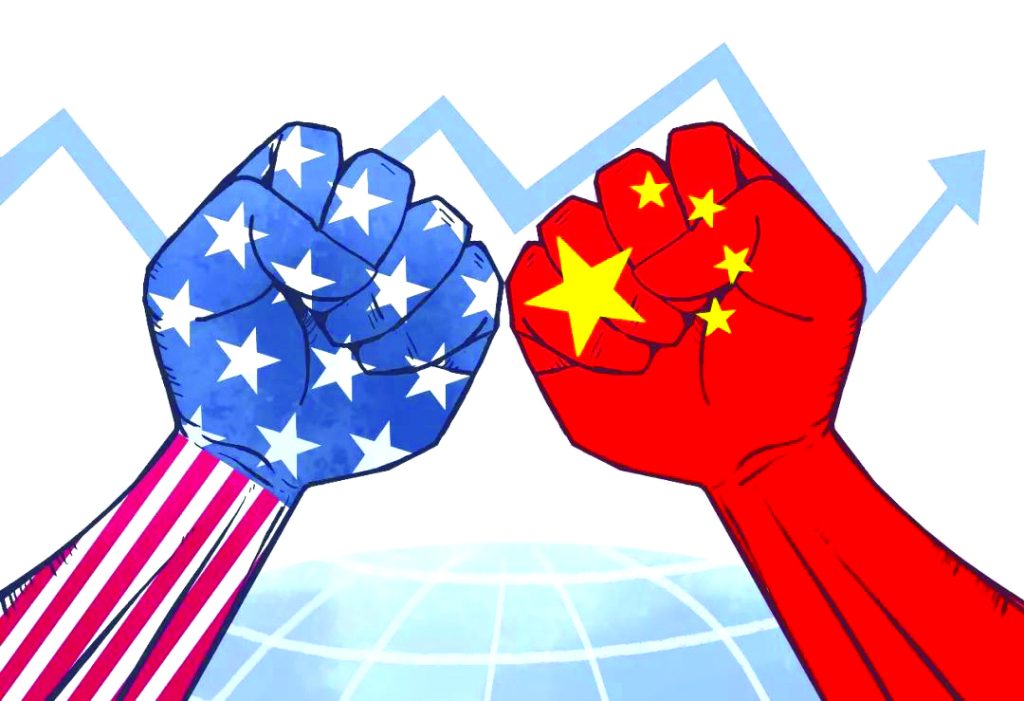
Global political tensions are undeniably sparked by these investments.
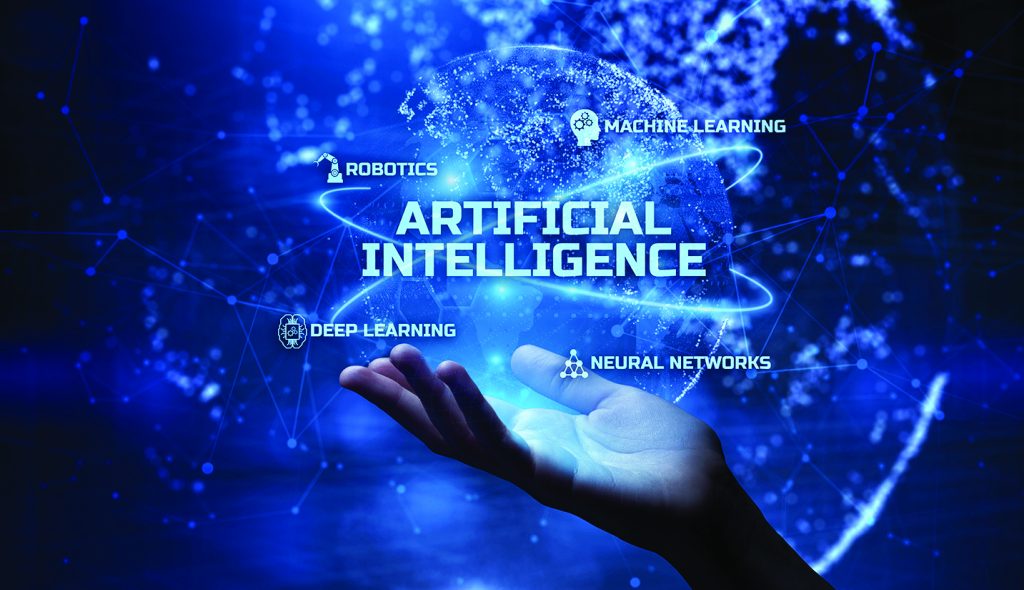
The investment is highly focused on AI and robotics, leading some analysts to assert that automation may displace more jobs than it generates.



